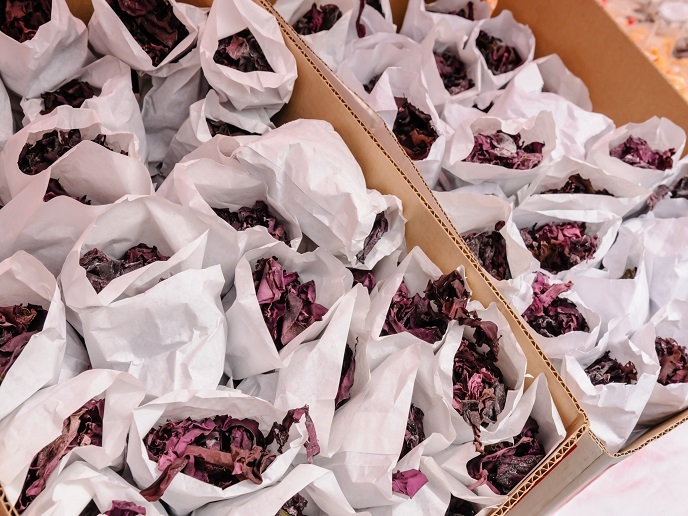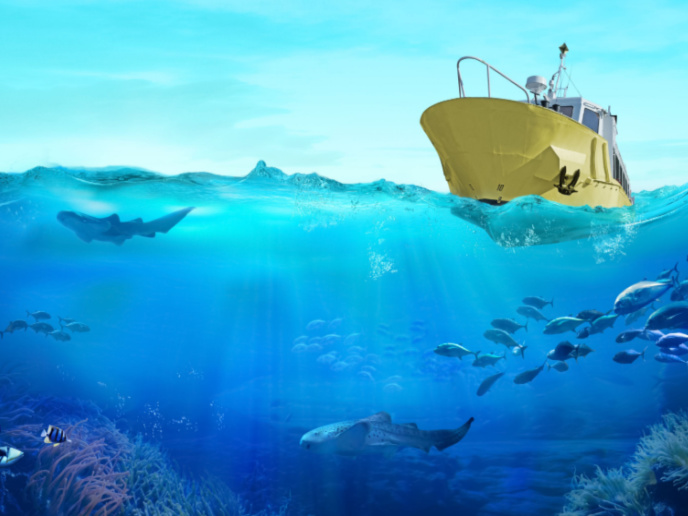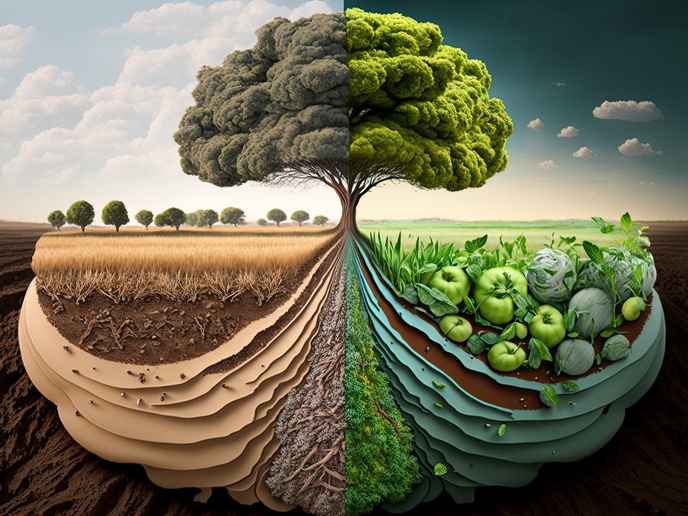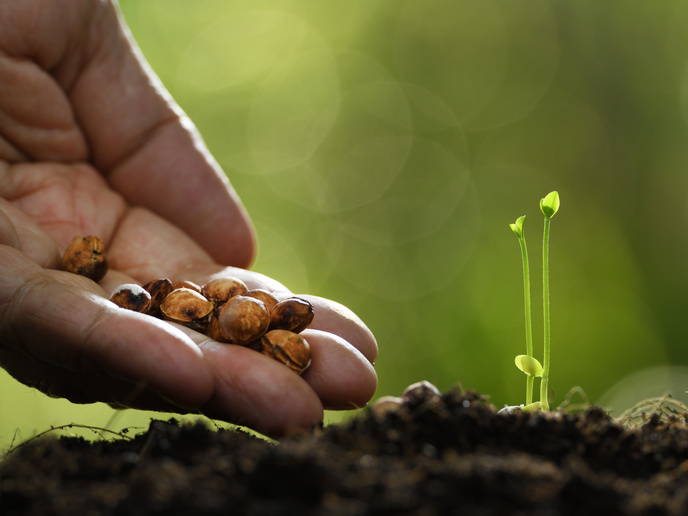Unlocking the secrets of seaweed to boost the aquaculture market
Palmaria palmata, commonly known as dulse, is a leafy red seaweed that grows on the Atlantic coast, and has been eaten by Europeans for thousands of years. Its high-protein content and enjoyable taste make it an attractive crop for the aquaculture industry, but cultivation efforts have so far been met with only modest success. The ASPIRE project, coordinated by Matthias Schmid and hosted by Ronan Sulpice from the University of Galway(opens in new window) in Ireland, hopes to make significant strides with the development of new strains of dulse. “Current approaches to grow P. palmata in an aquaculture setting rely on randomly collected wild types,” Schmid explains “It means variation in biomass productivity and quality from one batch to another, and it still puts pressure on natural stocks of P. palmata.” Schmid highlights the drawbacks of existing cultivation practices: “The absence of a systematic breeding programme limits the industry’s ability to cultivate strains that exhibit desirable traits, such as high growth rates, stress resistance, etc. Without targeted selection, the aquaculture sector may miss out on opportunities to enhance productivity.”
Speeding up growth
The solution, according to the researchers, lies in a better understanding of growth performance and biochemical profile variability. Insights here could allow the selection of fast-growing local strains of dulse. The project’s key innovation was the use of a high throughput phenotyping platform that allows the rapid screening of high numbers of seaweed strains. This will provide the base for the deployment of modern breeding methods. The parallel development of the comprehensive database PalMap will make growth performance, biochemical and genetic information accessible to all. ASPIRE was undertaken with the support of the Marie Skłodowska-Curie Actions(opens in new window) programme, and drew upon collaborators from across Europe. “As part of the ASPIRE project, we are actively working with various representatives of the seaweed aquaculture community in Europe,” says Sulpice. “This includes working with the likes of Mungo Murphy(opens in new window) – a small seaweed and abalone farm in Ireland facilitating farm-level trials – and collaboration with international seaweed companies and laboratories across Europe.”
New standards
The project has already achieved significant milestones. “The initial trials showed a huge potential for optimising P. palmata aquaculture,” adds Sulpice. “Growth rates were tenfold higher in the fastest-growing strains compared to slow-growing ones.” These promising results pave the way for more extensive testing and farm-level trials, set to commence in early 2024. Looking ahead, Schmid underlines the need for further laboratory screens as well as the beginning of the farm-level trials. He also mentions the potential expansion of the PalMap database to other algae species, which could revolutionise data management and accessibility in the field. The project aims to provide new solutions to stakeholders by late 2024, offering the means to identify productive and stress-resistant dulse strains. “The project will provide the required platform for an urgently needed modernisation of seaweed breeding programmes across Europe, setting a new standard for the seaweed aquaculture industry,” he concludes.







